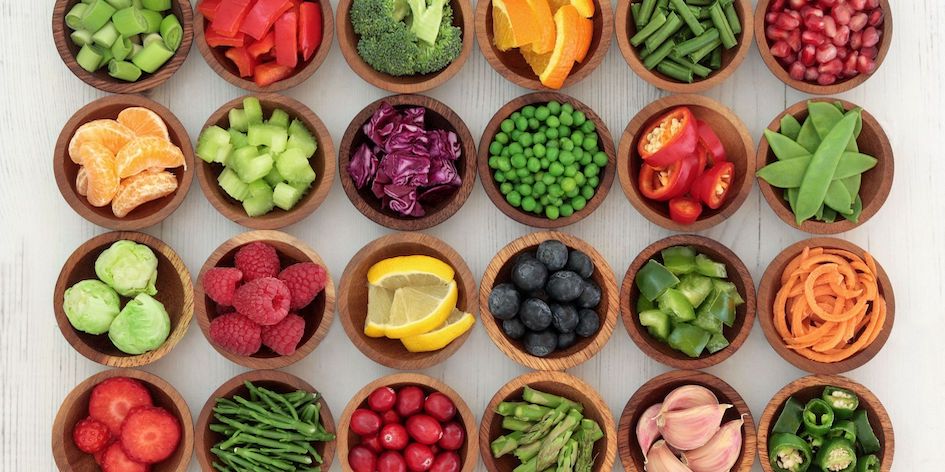
THE ANTIDEPRESSANT FOOD SCORE
Although it’s too often neglected, mental health is a significant part of our overall health. Mood changes many times throughout the day, reflecting the situations we face. While we cannot control what happens to us, we have the power to choose how we react to it.
One way to take good care of your mental health is to stay physically active and consume nutritious food. We now know that specific foods have a proven role in promoting a positive mood and preventing depressive symptoms [1].
THE RELATIONSHIP BETWEEN NUTRITION AND DEPRESSION
It is still not completely clear how some nutrients can alleviate symptoms in depression. However, studies report numerous mental health improvements in depressive disorder patients following a diet that is rich in high-density foods and limiting heavily processed foods and refined carbohydrates [2].
One logical explanation is that certain nutrients (and the absence of ‘junk foods’) reduce low-grade systemic inflammation, which is common for individuals with depression [2].
THE ANTIDEPRESSANT FOOD SCORE: FOOD TO HELP YOUR MOOD ACCORDING TO SCIENCE
The Antidepressant Food Score (AFS) was created to identify which nutrients can prevent depressive disorders and furthermore enhance recovery.
A systematic literature review researched 34 nutrients that have a proven positive effect in people’s well-being. The findings concluded that 12 nutrients have powerful antidepressant properties [1].
Omega-3 fatty acids (EPA and DHA): Omega-3 fats are considered anti-inflammatory. They are essential for proper nervous system function and can play a key role in prevention and alleviation of mood disorder symptoms [3].
- Food sources of Omega-3: fish, seafood, seaweed, eggs, nuts, seeds and avocado.
Vitamin C and A: Vitamin C and A have antioxidant properties, which means that they protect the cells from free radicals. This can have a positive impact on neural pathways. Vitamin C is also involved in synthesizing norepinephrine (stress hormone and neurotransmitter that sends signals between nerve cells) [4,5].
- Food sources of Vitamin C: colourful fruit and vegetables such as strawberries, citrus fruits, broccoli, brussels sprouts, red peppers.
- Food sources of Vitamin A: dark leafy greens, orange and yellow fruit and vegetables, liver, egg yolks.
- Food sources of Vitamin B6 - bananas, spinach, chickpeas, sunflower seeds, potatoes, fish, pork, beef and poultry.
- Food sources of Vitamin B1 (thiamin): whole grains, tahini, sunflower seeds, beans and legumes.
- Food sources of Vitamin B12: fish, beef, dairy and eggs.
- Food sources of Vitamin B9: leafy greens, beans, legumes and chicken liver.
Magnesium: Magnesium has a calming effect, and it is an essential mineral for a healthy brain. It is considered anti-stress and can help with muscle cramps and anxiety and can improve sleep [7,10].
- Food sources of magnesium: nuts, seeds, beans, legumes, quinoa, barley, brown rice, potatoes, cacao and dark leafy greens.
Potassium: Potassium has a key role in maintaining an electrochemical gradient across cell membranes. Low potassium levels might disrupt the signals responsible for proper brain health [8,1].
- Food sources of potassium: fruit, vegetables, dairy, fish, potatoes, beans, legumes and whole grains.
Iron: This mineral is important for optimal brain neurochemistry and its deficiency is associated with cognitive impairments in adolescents [9].
- Food sources of iron: fish, shellfish, red meats, whole grains, olives, potatoes, seeds, beans, legumes and greens.
Zinc and selenium: These minerals are powerful antioxidants and protect the body from stress. Zinc is involved in neurological function and regulates neurotransmitter pathways [10].
- Food sources of zinc: beans, peanuts, legumes, nuts, seeds, beef, lamb, pork, poultry, eggs and mushrooms.
- Food sources of selenium: Brazil nuts, sunflower seeds, whole grains (especially brown rice), eggs, red meat, fish and seafood.
Numerous studies report that nutritious food has a significant role in regulating how we feel throughout the day. Consider adding more of the foods listed above to help you stay positive and keep your brain healthy [1,2].
Food is a lot more than just fuel—it is packed with meaning and information. The food decisions we make send different messages to our body and give us opportunities to shape our health and well-being.
Start paying attention to your diet now—your mind and body will thank you later!


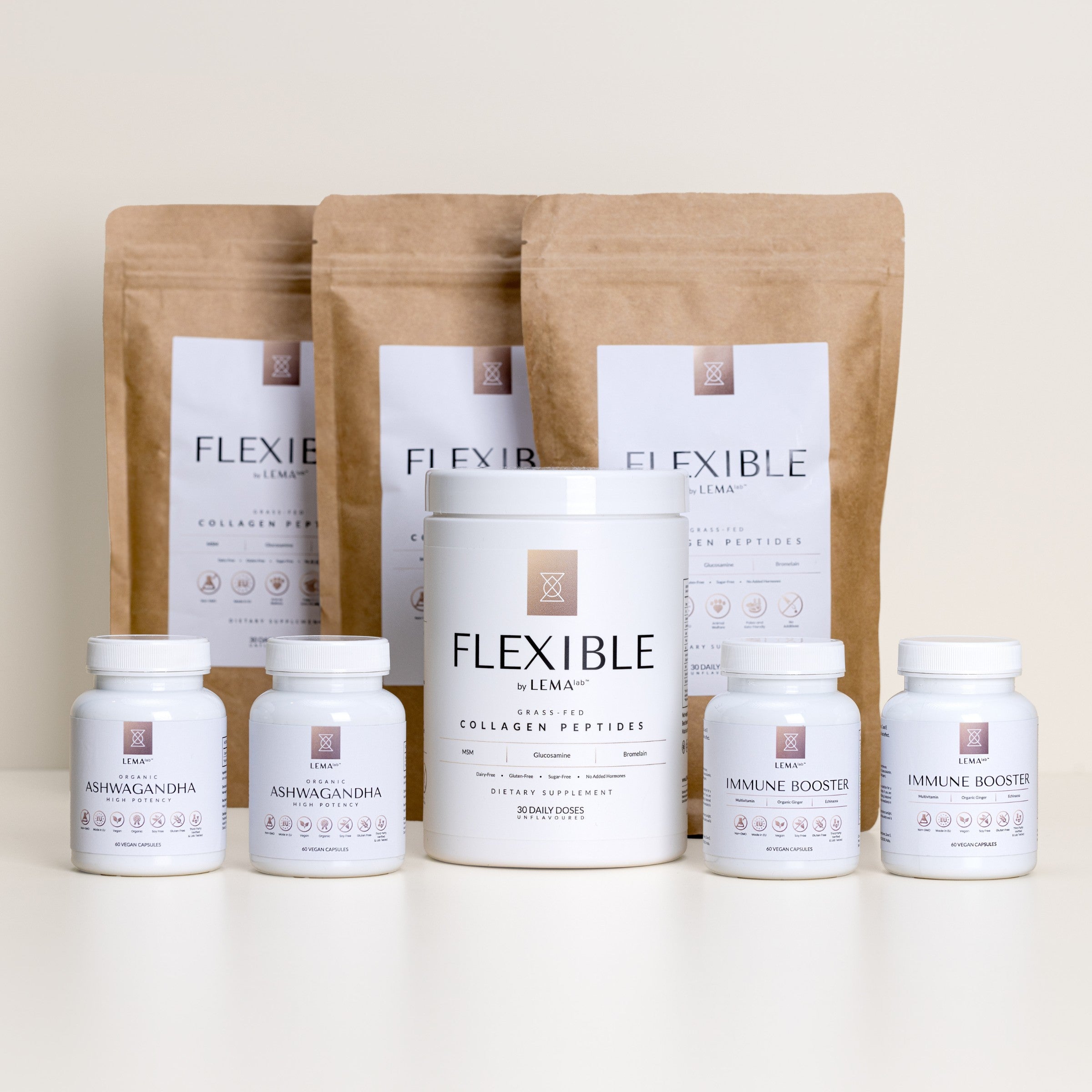
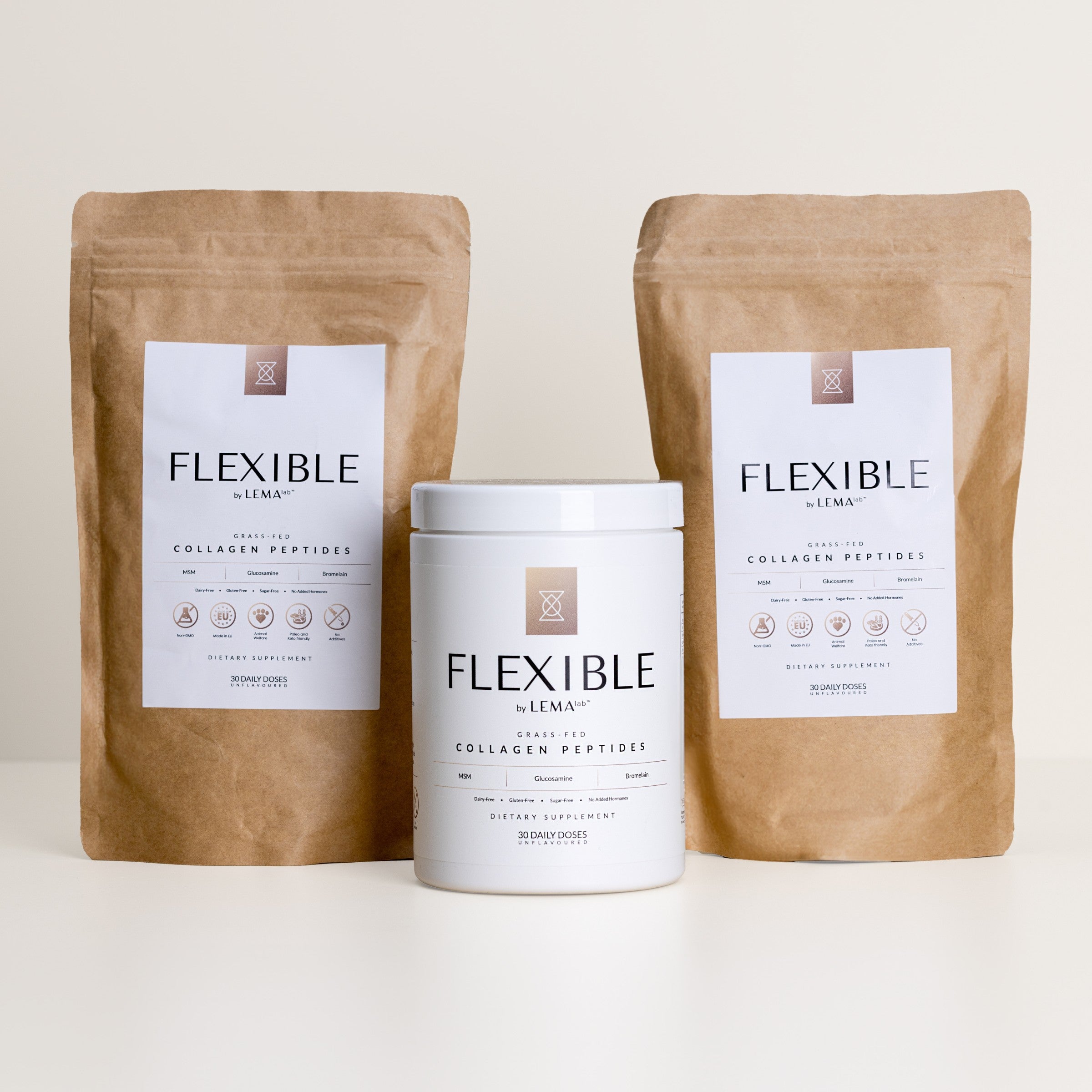


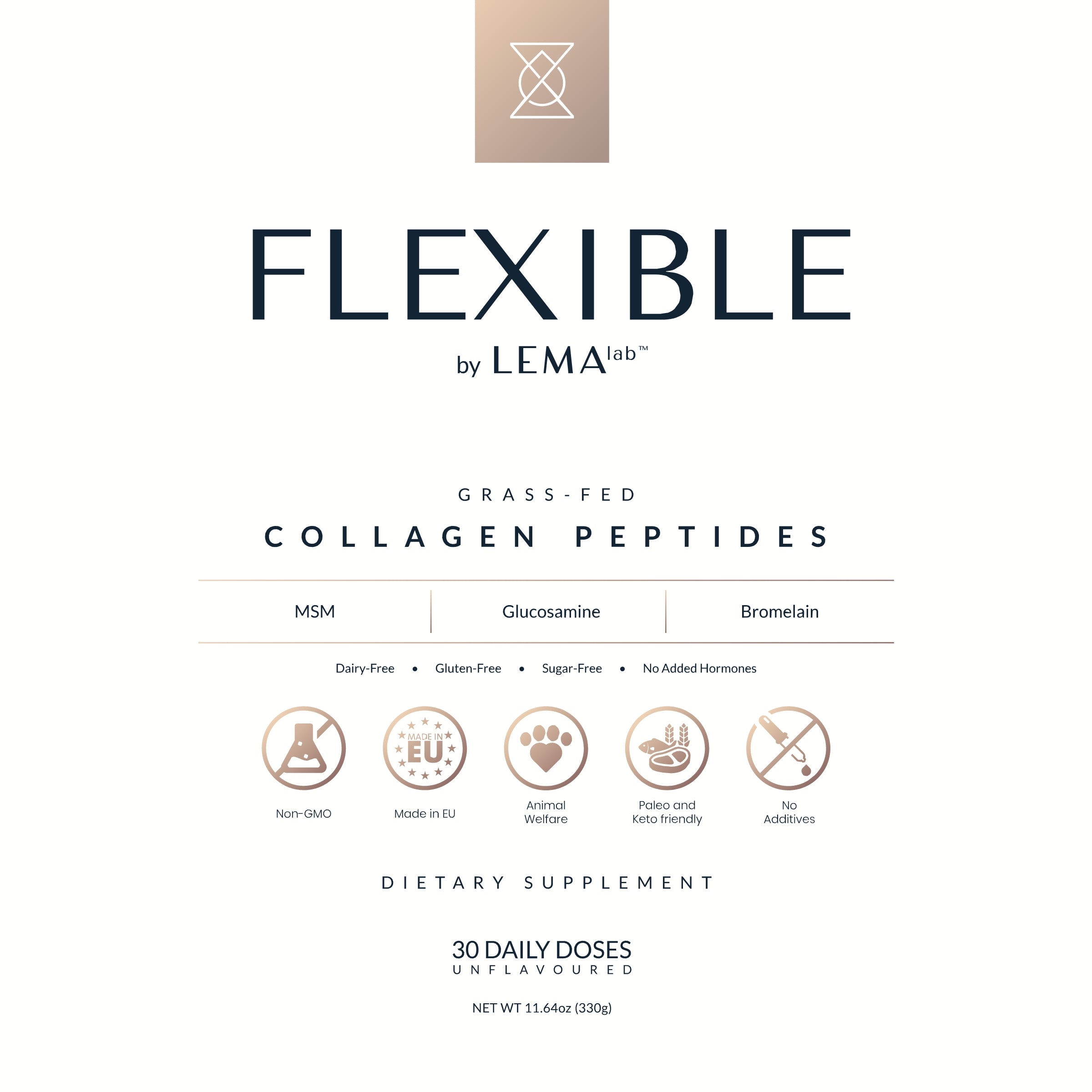
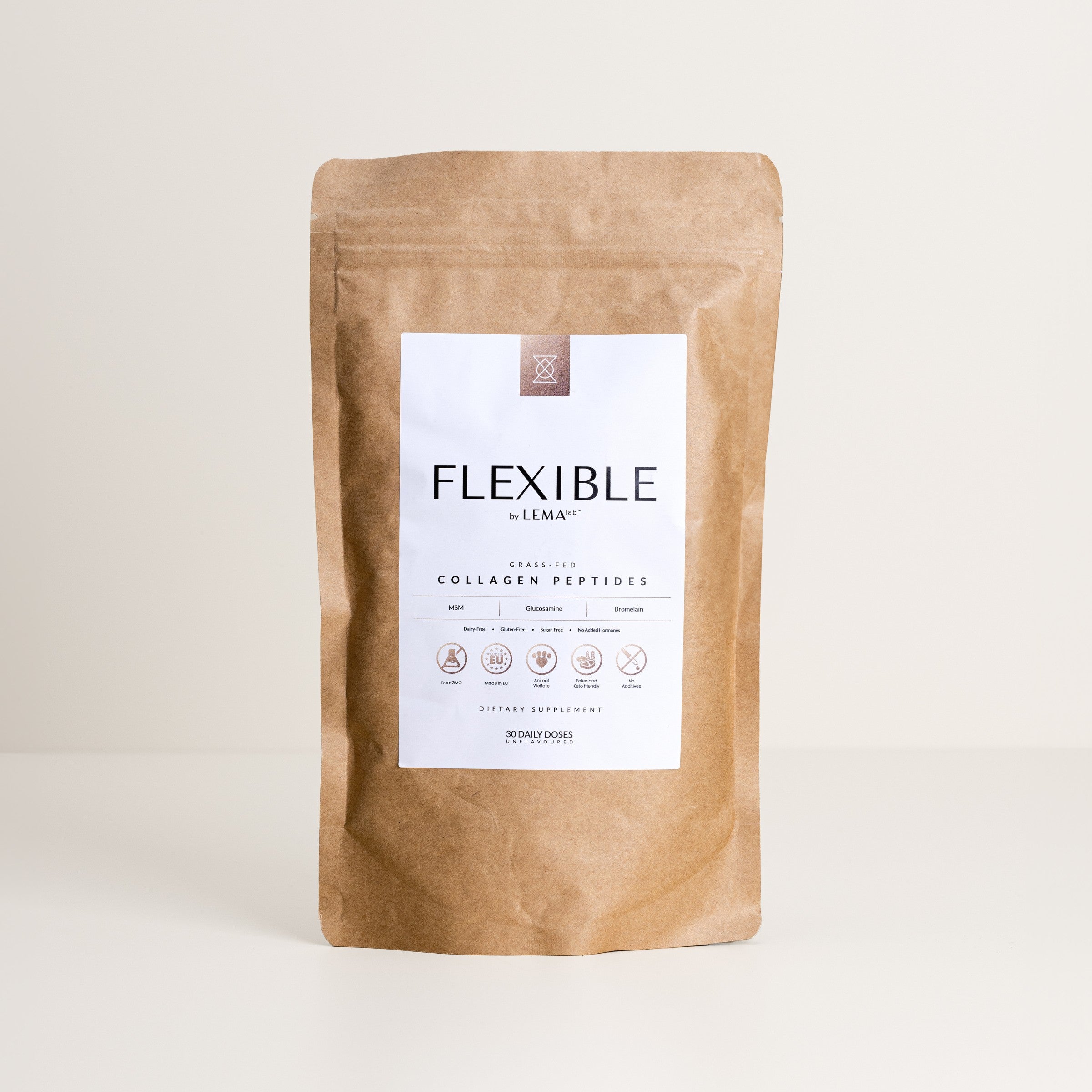
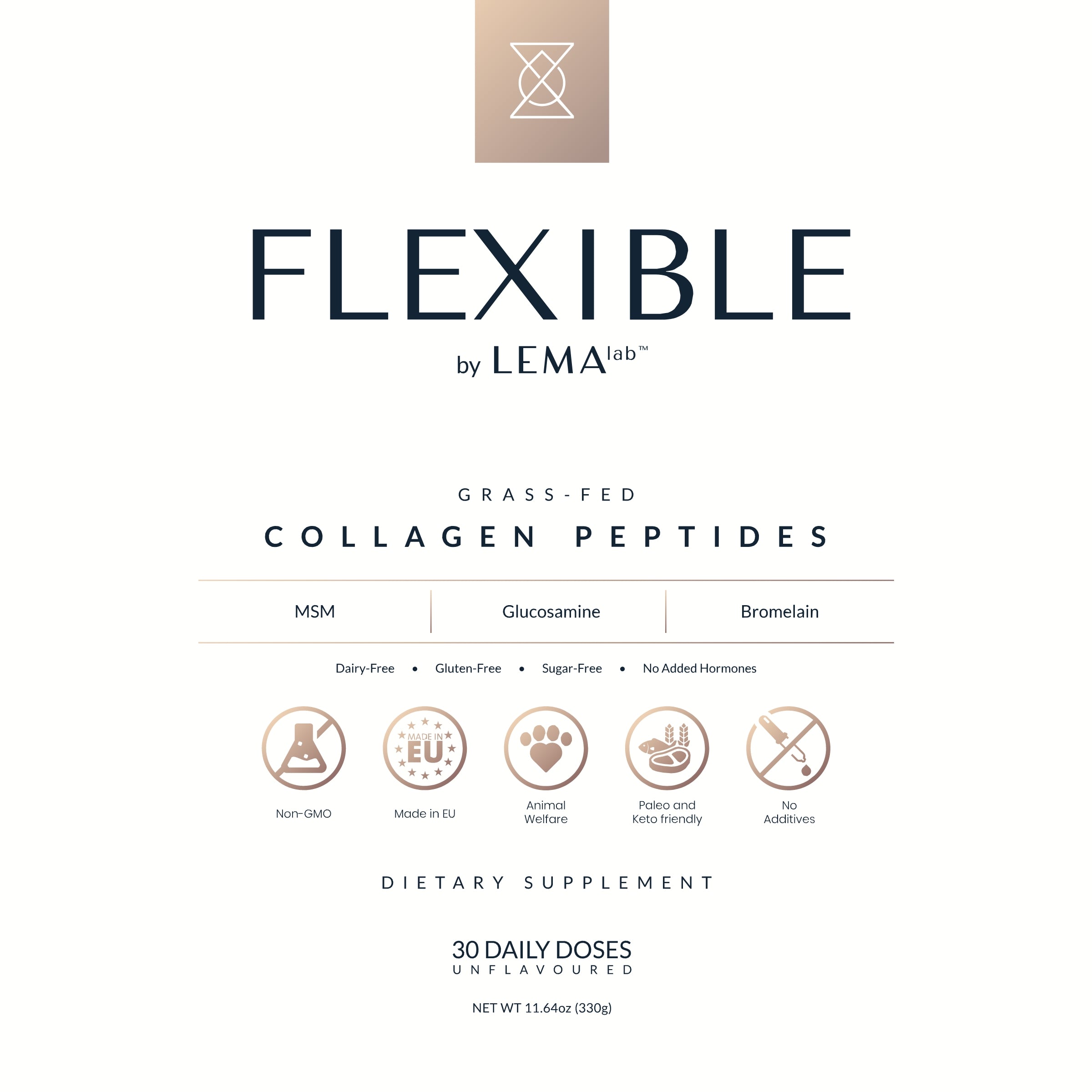
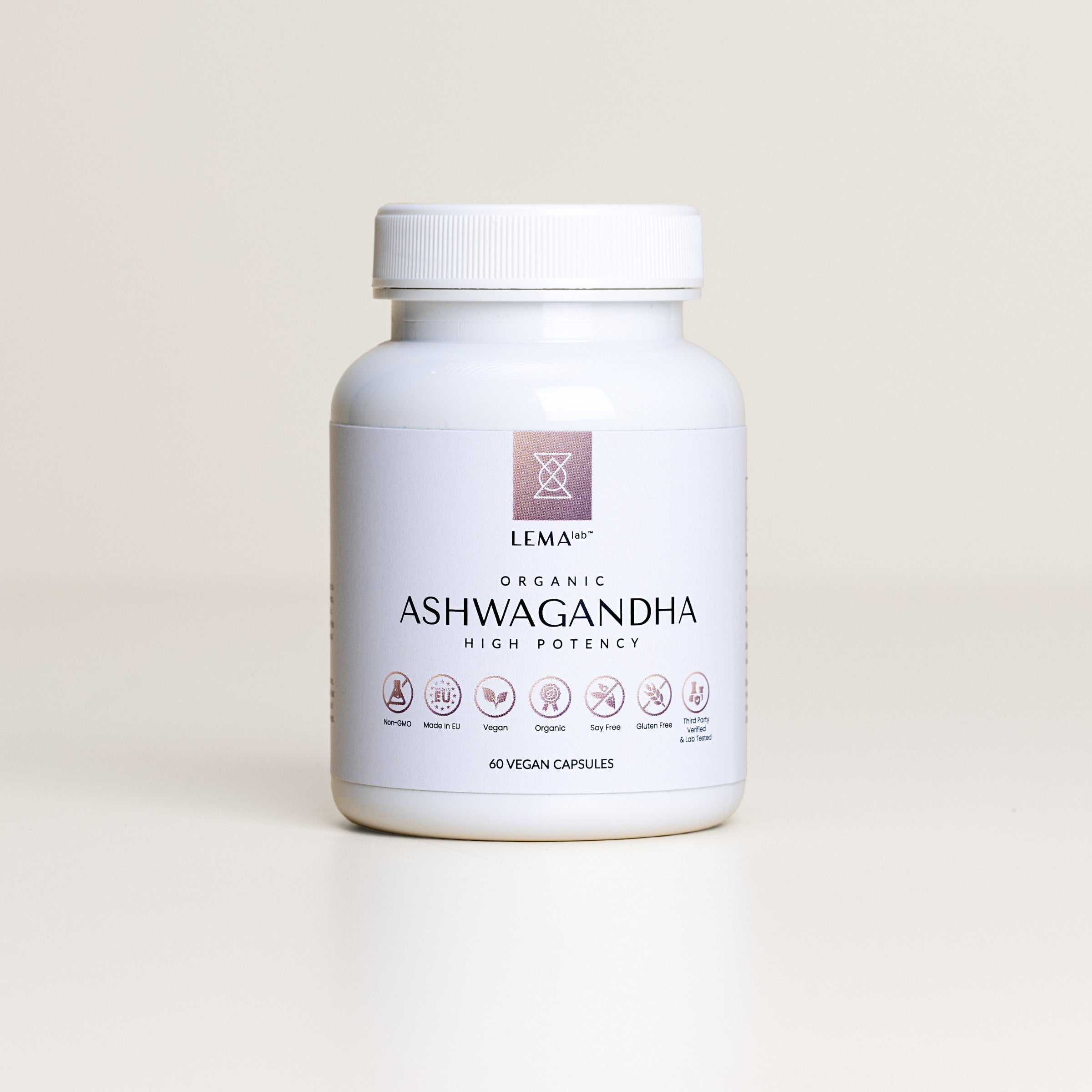
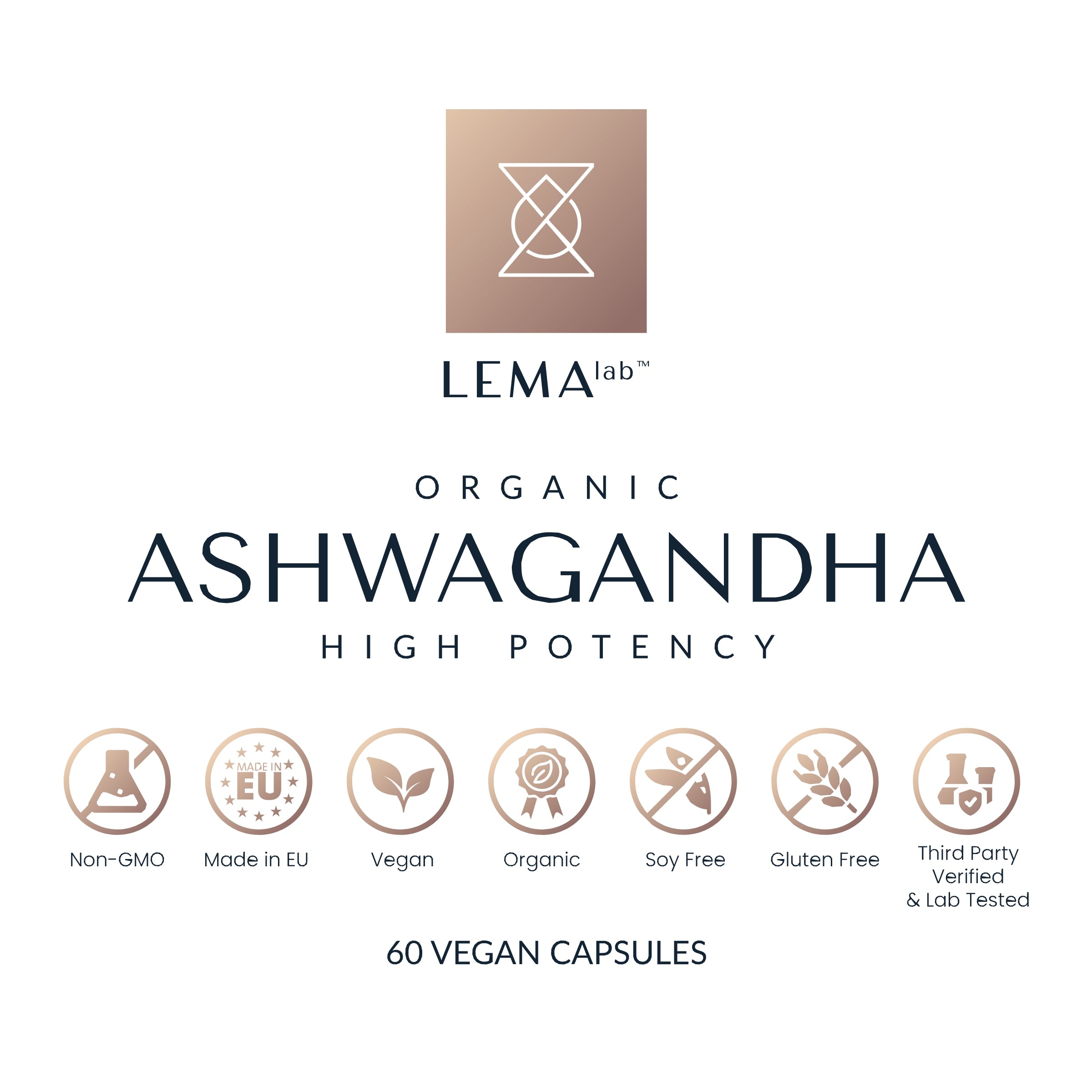
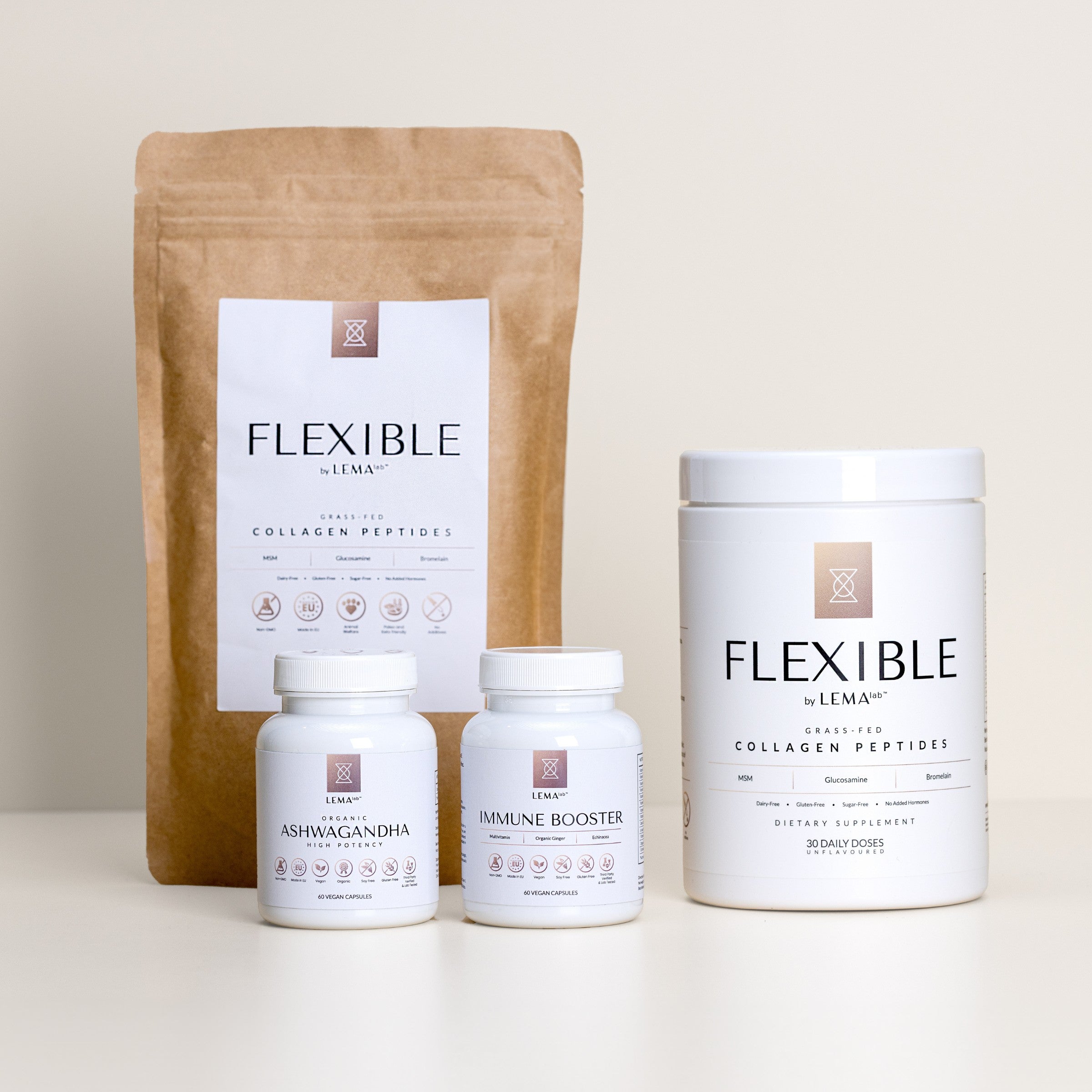
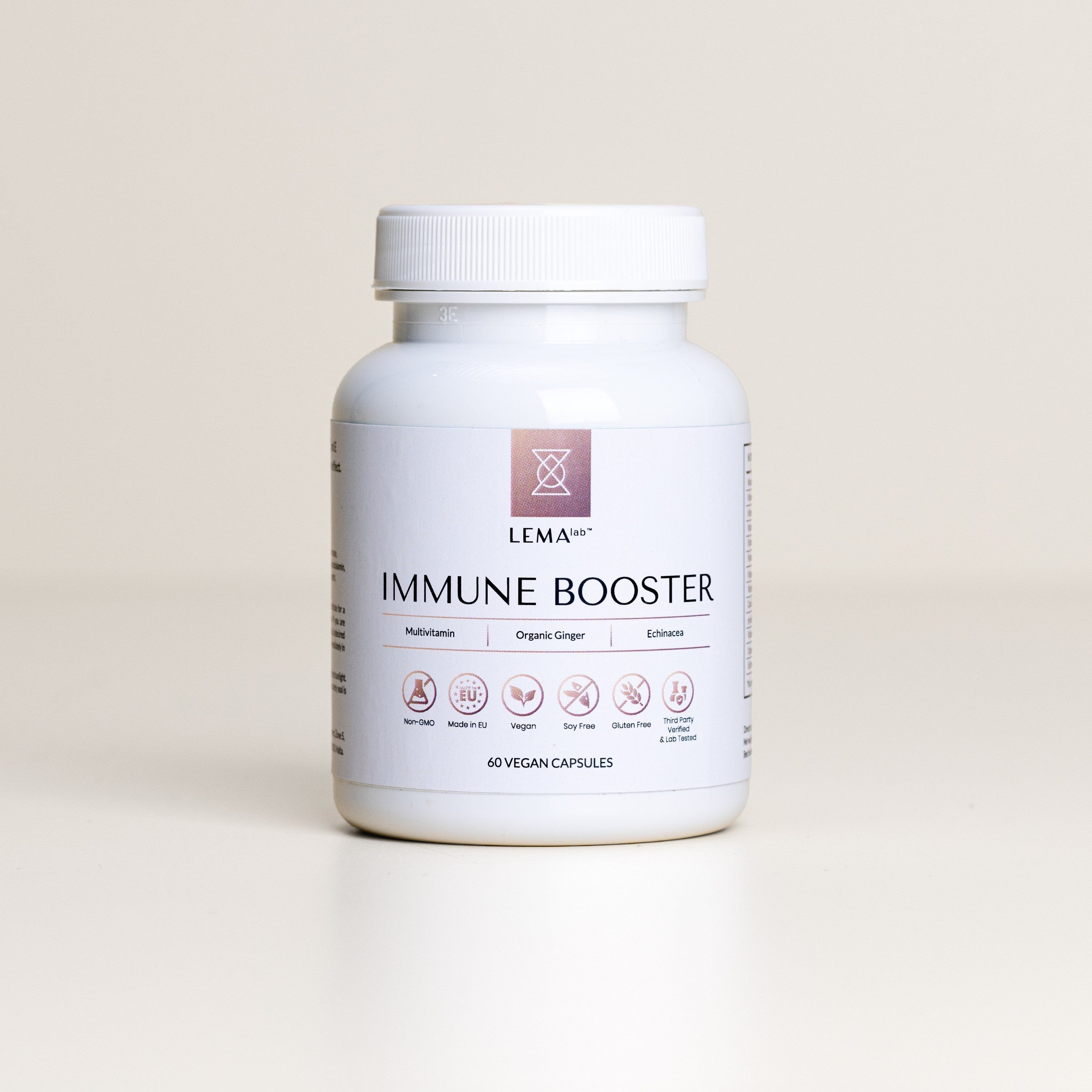
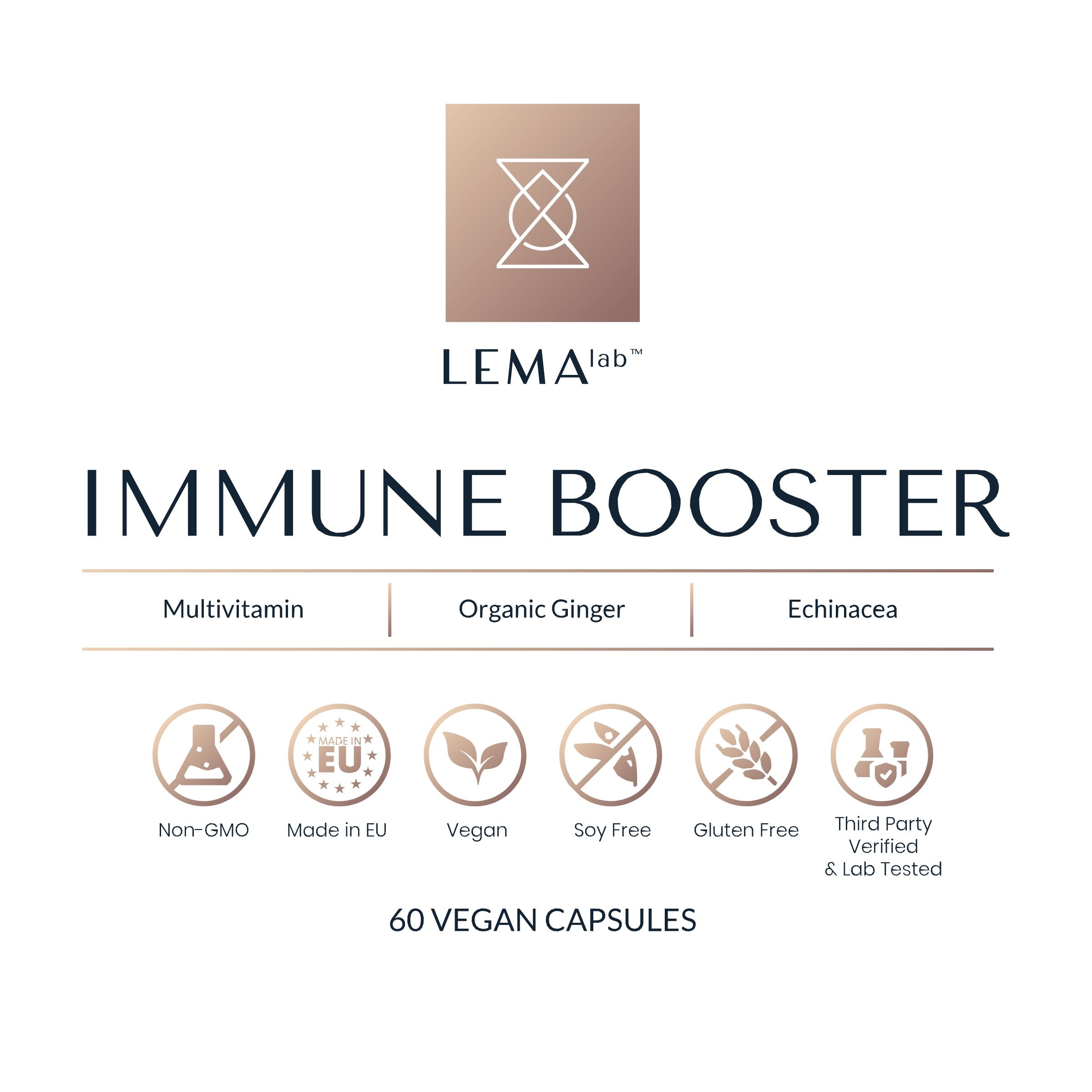
Leave a comment
This site is protected by hCaptcha and the hCaptcha Privacy Policy and Terms of Service apply.